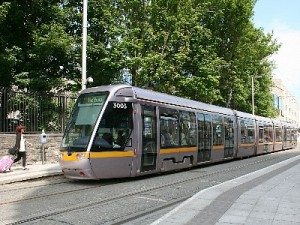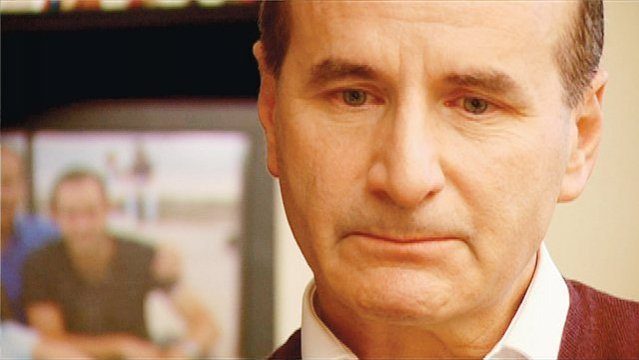“In my administration I closed the railroad because I thought the railroad was 200 years old and had narrow lines. It also created a tremendous deficit (as it was used only 3% of Costa Ricans). But today, the same railway line has all the capacity to create a profitable, high-speed light rail between Alajuela and Cartago” said Figueres.
 With these words, former Costa Rican president of Carbon War Room, José María Figueres, emphasized that times have changed and the planet can not sustain the same way it did.
With these words, former Costa Rican president of Carbon War Room, José María Figueres, emphasized that times have changed and the planet can not sustain the same way it did.
“Until 2007 there was a time of marked growth which took many millions of people out of poverty, but in 2008 came the crisis and to stimulate the economy had to increase public spending. Now what worries the population is unemployment, which has reached 10% in Europe, 8% in the U.S. and 7% in Costa Rica. The problem is that there are 1,000 million people are below the poverty line “Figueres said.
In the U.S., exemplified Figueres, there are 900 vehicles per 1,000 inhabitants and in Costa Rica there are 200 cars per 1,000 Costa Ricans.
“If every country wants to be the United States going to have to find four or five planets to get all the funds or seek alternative and sustainable ways,” he said.
Therefore, in his talk, Figueres presumed-if we can see carbon emissions as an opportunity-will be achieved to overcome the challenge of having an ever increasing population that requires a change of energy matrix.
Figueres believes this could reduce unemployment, poverty and have a large environmental impact.

